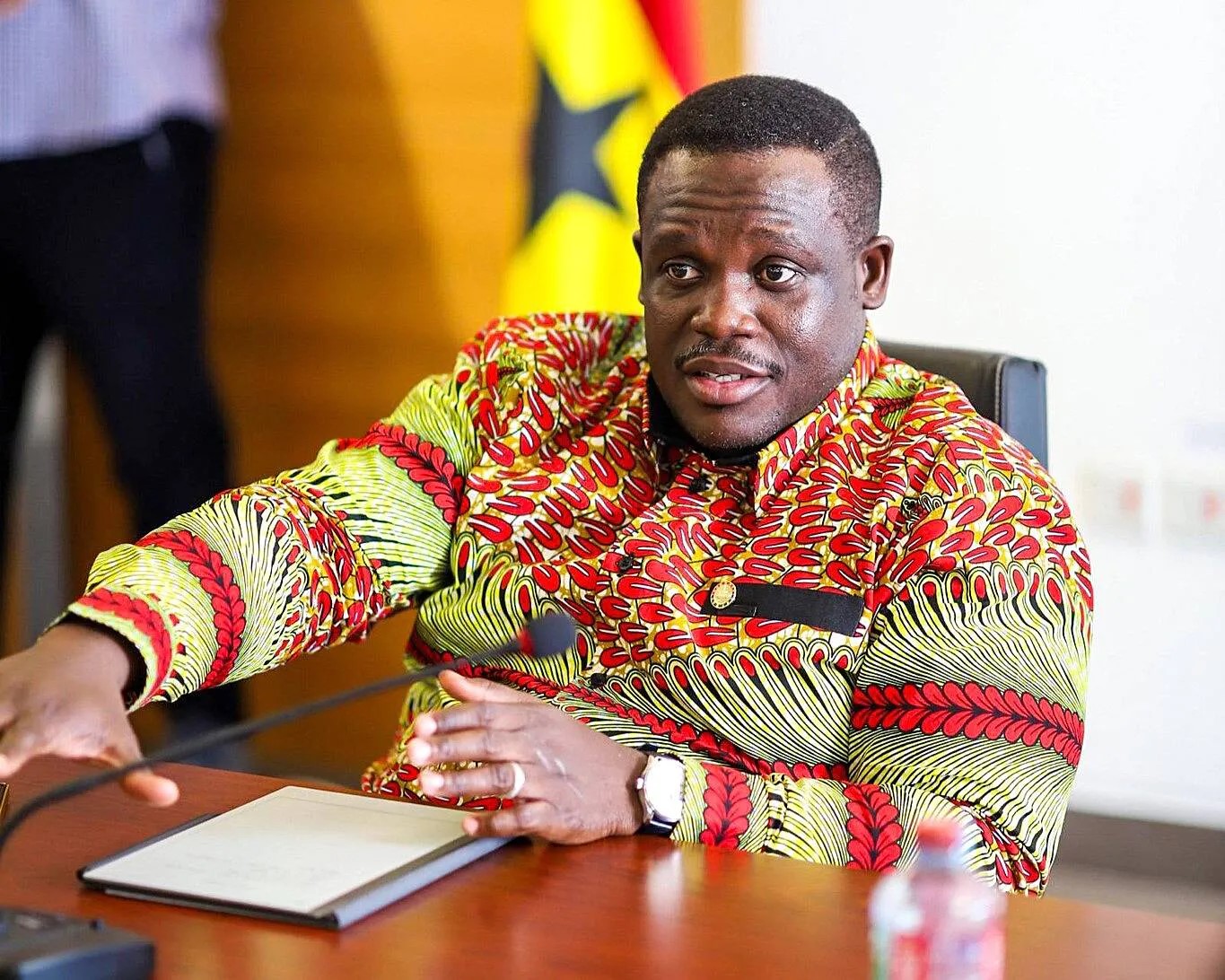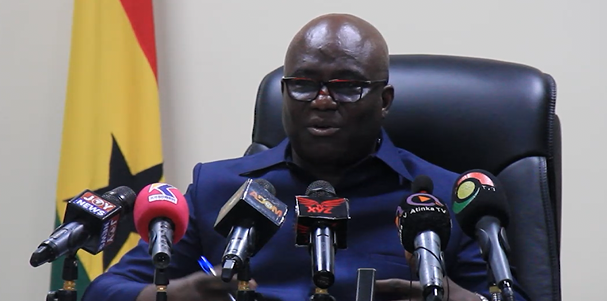President John Dramani Mahama is scheduled to officially commission the Gold Board Task Force on Tuesday, July 8, 2025, at the National Security Secretariat (Blue Gate) in Accra, in a decisive move to clamp down on illegal gold trading, smuggling, and market manipulation.
Under the new Ghana Gold Board Act, 2025 (Act 1140), the Task Force is granted full police-level enforcement authority.
It has the mandate to investigate, arrest, and ensure compliance in the fight against illegal mining, operating in coordination with a nationwide intelligence system to detect and respond to illicit activities in real time.
The new licensing regime under the Ghana Gold Board Act, 2025, invalidates all previously issued gold trading licenses, including those from the PMMC and the Lands Ministry.
Going forward, only licenses issued by the Gold Board are legally recognized.
Engaging in gold purchasing or trading without this updated license is now a criminal offence, punishable by fines ranging from 50,000 to 200,000 penalty units, imprisonment for five to ten years, or both.
The newly empowered Gold Task Force aims to maximize Ghana’s economic gains from its gold resources by eliminating revenue leakages and enforcing stricter compliance.
Over 300 Tier 1 buyer licences and several Tier 2 and aggregator licences were submitted by the June 21 deadline, with 240 already approved, indicating strong sector readiness.
The integration of digital license applications and enforcement tools under the Ghana Gold Board Act is expected to curb illegal gold trading and strengthen the country’s fiscal position.
The establishment of the Gold Task Force marks a pivotal shift in Ghana’s fight against illegal mining and gold smuggling.
By granting it full enforcement powers, the government aims to tighten control over gold flows, enhance revenue capture through a reformed licensing system, and raise compliance through the criminalization of unlicensed trading.
The shift to digital licensing adds a layer of transparency and oversight, positioning the initiative as both an economic and legal reform.
Going forward, its effectiveness will depend on sustained enforcement and broad sector cooperation.
By: J.W Quarm





